2 min read
Gospel-Centered from the Start
“Let us hold unswervingly to the hope we profess, for He Who promised is faithful…Jesus Christ is the same yesterday, today, and forever.” (Hebrews...
7 min read
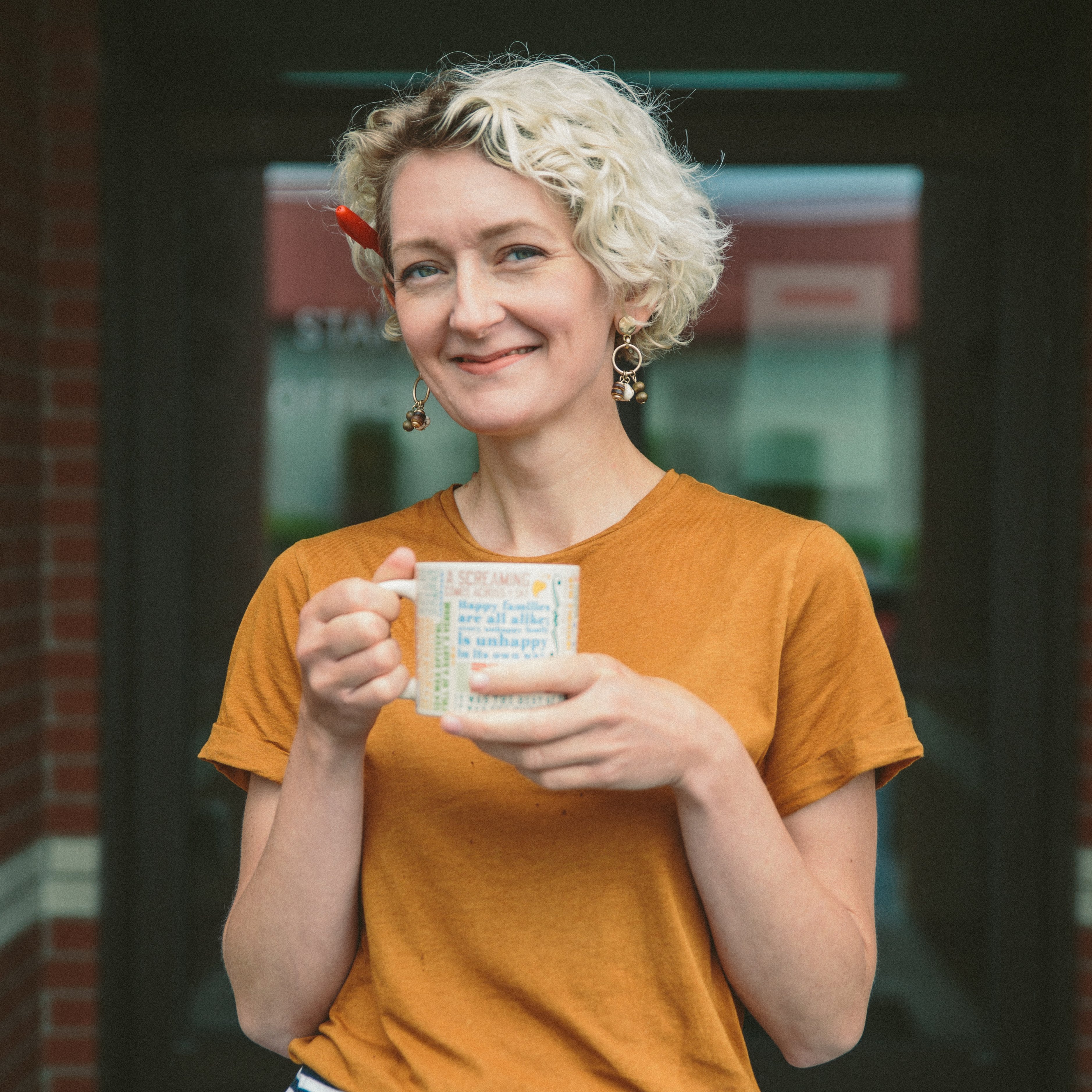 Genevieve Gromlich, former Content and Communications Manager
:
June 27, 2022
Genevieve Gromlich, former Content and Communications Manager
:
June 27, 2022
“It was the hardest thing I’ve ever done in my life. And it was the most changing thing.”
Rachelle Miller is one of very few people to have completed UGM LIFE Recovery while raising four children. Many of the moms who enter the intensive residential program don’t currently have custody of their children, and those who do often elect to keep their little ones with relatives or other safe families during the most rigorous parts of the program. But with Rachelle’s unique circumstances, she needed to bring in all four of her daughters—each one with her own trauma to deal with and one on the autism spectrum. This is their story.
“I was homeless. I was living under other people’s roofs at the time, which is not easy with four kids.” She spoke with us in preparation for her June 28, 2022 commencement. “I have always had them. My kids have never been out of my care. And I’ve dragged them through a lot.”
.jpg?width=300&name=CWC%20Rachelle%20kids%20(2).jpg)
Rachelle’s trials started early. When she was three years old, her parents divorced. However, her challenges started long before that. Still in the womb, Rachelle contracted a bacterial infection from her mother. The doctor didn’t know the impact on Rachelle until she was born (miraculously, she was born a day early because of the doctor’s upcoming vacation. If he’d waited another day, she believes she would have died.) In an effort to combat the illness, Rachelle was prescribed heavy medicines that can cause hearing loss.
“I’ve had gradual hearing loss ever since,” Rachelle told us. “By the age of 12, I was deaf in my right ear. I got my first [cochlear] implant when I was 13 years old, then two years later, I got the other one.” She says it was a challenge, growing deaf slowly, having not mastered the nuances of our language. “My first five years after the implant, I did a lot of speech therapy,” she said. “In fact, when it was time to graduate, they had me keep going because I still had so much to learn. Picking up vocabulary, understanding grammar. That was all really hard to do.”
“By the age of 12, I was deaf in my right ear. I got my first [cochlear] implant when I was 13 years old, then two years later, I got the other one.”
Throughout all of this, her life at home kept getting worse. At the age of six, she moved in with her dad, leaving her mom and her sister in Spokane. “My mom and dad would constantly fight over me. They tried to hide their fighting as best they could, but I was still aware of a lot of it.” At 13, things changed. “I don’t know exactly what happened, but I ran away from my dad. My step-dad at the time picked me up. I remember my mom taking me to Spokane. My dad threatened that he’d report my mom for kidnapping me, and I didn’t see my dad for four or five years after that. I don’t know if he ever wound up reporting me, but I do remember sleeping in the basement because we didn’t want anyone seeing me through the windows.”
“...I do remember sleeping in the basement because we didn't want anyone seeing me through the windows.”
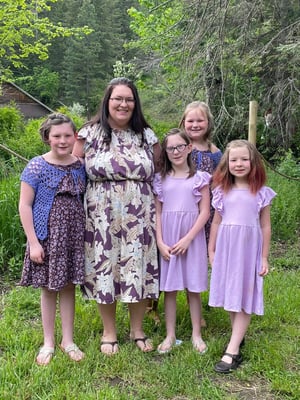
Rachelle says she managed to finish her high school years relatively uneventfully. “I lived a pretty good life in my teenage years. I followed all the rules, I never drank. But when I turned 18, I rebelled against my mom. I started dating men. I did parties and stuff too, but it was the dating that was the problem for me. I was always seeking a kind of validation I was missing and never finding, and I was always put in a place where I wasn’t enough. I could never be enough for any of them.” She says eventually it was more “one night stands” than relationships. “I wanted a relationship and I didn’t know what was happening.” In her twenties, she married the man who would become her fourth child’s father. He manipulated her and, ultimately, was put in prison for life on a charge she chose not to reveal in the interview.
After four years in that marriage, the two separated, and after three more years, Rachelle filed for divorce. “I learned some things that [he] had done, and it shattered everything, and I didn’t know what to do. I went through a lot of emotions with my kids. My kids had become victims of his. That’s when I became homeless. I lived with my mom for a little bit, then I moved out. I was lost. I picked up drinking. I was hiding things. I didn’t know how to cope with the feelings. I tried to stay so strong for my kids during the day that by evening time, that’s when I would drink. They did not see any of it.”
“I tried to stay so strong for my kids during the day that by evening time, that’s when I would drink. They did not see any of it.”
Rachelle says she doesn’t remember first learning about UGM, but she believes one of the people she lived with for a while presented the idea. “Eventually, I pursued it. I thought, ‘Why not?’ I really didn’t know what I was getting myself into.” She entered program in May 2020.
.jpg?width=750&name=CWC%20Rachelle%20%20(3).jpg)
At first, she chose to leave three of her kids with the woman she’d been staying with. “It was very difficult.” Soon, however, she received a frightening call that the police were demanding she pick up her children from where they were staying. “Something about there being too many children in the house.
“Robin [UGM Children’s Program Coordinator] wasn’t ready for them. But it was an emergency situation. I had not finished phase one at this point. I just picked them up and brought them here, and that was that.”
Rachelle worked hard to stay focused on her program, diving into the wounds that had led her to believe she was worthless, all the while providing abundant affection, nurture and stability to her four traumatized daughters. “It was the hardest thing I have ever done. My kids are not quiet, they are very noisy. They all had their own attitudes and behaviors. They went through a lot. My youngest, especially, has had a lot of issues. She would run away, she would scream and yell. It finally got to the point where Robin pulled me aside and said, ‘Have you thought of respite care?’ And I said no and I didn’t want my kids to go and think I didn’t want them anymore.” But eventually, Rachelle got to a point where she was desperate for help. “I became willing to listen and ask for advice because I didn’t know what to do anymore. She was running away, she was screaming, she was hitting. Her dad was just arrested and put in jail. She couldn’t comprehend why—she was too young for me to explain what he had done and why it was wrong.”
“It was the hardest thing I have ever done.”
Rachelle took her little one to Children’s Village. Respite care gives moms the chance to maintain custody and connection with their children while also providing some much needed space within the relationship. Often, moms and children dealing with shared trauma need this kind of support during the hardest months or years. Happily, Rachelle says her daughter loves her days at Children’s Village. “It’s typically 72 hours respite, but one time she went for a week. She loves it. I just drop her off, sign paperwork, she goes off to the house and I come back to pick her up at a designated time. It helps the relationship between all of the other kids and her.”
.jpg?width=750&name=CWC%20Rachelle%20kids%20(1).jpg)
At UGM, Rachelle and her daughters also received daily counseling, classes and mentorship, plus the support of the in-house community. “If one of my kids was at the end of the other hallway, they’d call and say 'This is where she’s at.’ And if it was not one thing, it was another. They’d run off. Just getting up and being on time for breakfast was a task of its own. My phase really wrapped around us. And Robin would remind me on a daily basis, ‘Your kids have gone through a lot of trauma… they’re going to have outbreaks. Robin took me through a lot. I relied on her, and we’re still very close. I don’t think I could have made this program without her.”
Not only did Rachelle complete the program while keeping her family intact, but she took everything she could from the classes and community and worked tirelessly to rebuild her life and her relationship with God.
“When I came into Program, I was Mormon and I was very headstrong that I was not going to have anyone change that. But when I started being more open minded, I started questioning a lot of my faith. I hated God—I hated Him so much—and I didn’t know why I went through all the trials I had in my life. In the Mormon faith, if you have to repent, you go to the bishop and he will tell you what you have to do to be forgiven. So when I came here, and the first phrase I heard was, ‘He has already forgiven you,’ I said no He hasn’t; He can’t forgive you unless you do these things. I just questioned a lot. And then one day it was the Way Maker song. I went to Heart of the City church, and they played that song and I just felt weird—it was a good weird. That song brought everything to life. That changed my view of God and how I accepted him. I was saved in January 2021. I go to Celebrate Recovery, and I asked my leader there to baptize me. It was emotional. I gave up my Mormon faith because I knew that I was forgiven, and I was always forgiven. All I had to do was ask for it.”
“I gave up my Mormon faith because I knew that I was forgiven, and I was always forgiven. All I had to do was ask for it.”
Rachelle and the girls grew in confidence and faith, phase by phase. Their relationships with one another grew stronger, and Rachelle grew to see herself as strong, capable and worthy of unconditional love.
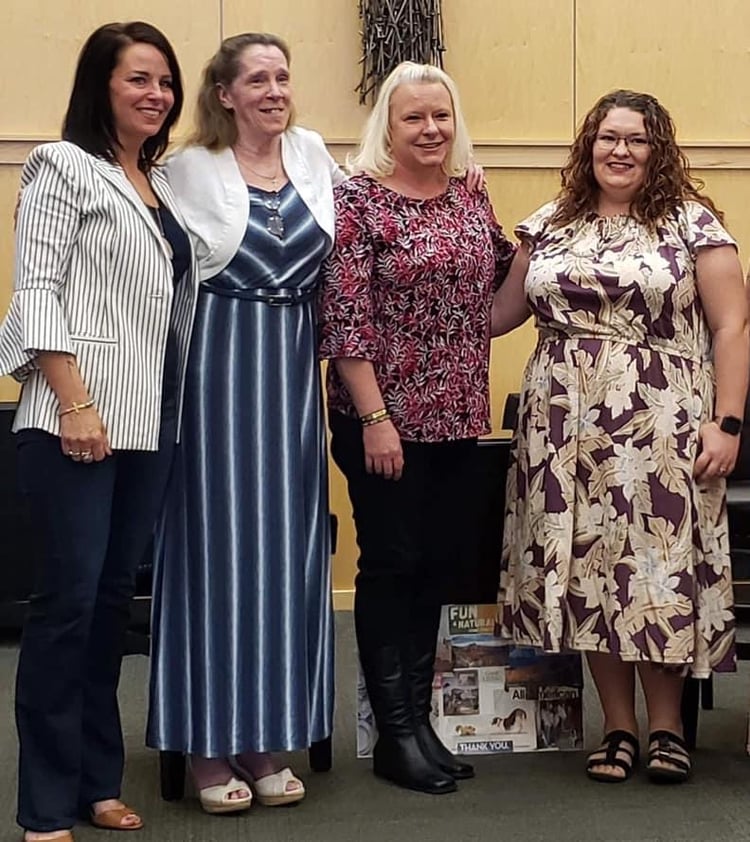
“Program was hard. I’m not going to lie. It’s the hardest thing I’ve ever done in my life. But it was also the most changing thing. I think my self worth, how I viewed myself— I didn’t put a lot of faith in myself, did not think I was worthy of anything, especially after some of the things I had done. I did not think I could come back from that. But, being in Program showed me that it’s in the past now.
“I did not think I could come back from that. But, being in Program showed me that it’s in the past now.”
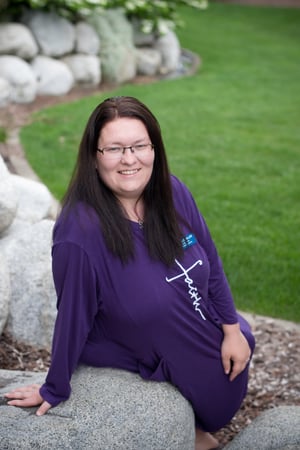 “I also learned I never did anything for myself. I didn’t know how to have fun. Coming to program, it brought that to light. We had a lot of planned fun time here. Knowing we could go out and have fun. We didn’t have to drink or have men involved. We just went and had fun, and I didn’t know that was possible.”
“I also learned I never did anything for myself. I didn’t know how to have fun. Coming to program, it brought that to light. We had a lot of planned fun time here. Knowing we could go out and have fun. We didn’t have to drink or have men involved. We just went and had fun, and I didn’t know that was possible.”
Today, Rachelle and the girls live on their own in a cozy, two-bedroom apartment. Rachelle is returning to school to be a licensed massage therapist, and this summer the girls are participating in the Boys and Girls Club. “I stay involved at church, and I’m giving back here at the Center, co-teaching a class and volunteering in First Steps.”
For the first time in her life, Rachelle says she’s confident living on her own. She’s rooted in a community of women who love her, and she’s using her God-given strength to come alongside other women in need.
This week, we celebrate Rachelle’s new life and the new life of 28 other men and women who have done the hard work, completed UGM LIFE Recovery and paved a pathway out of homelessness. You can attend the celebration tomorrow, June 28, 6:30 p.m. at Valley Assembly.
Homelessness is much more complicated than people sometimes realize. Click on the link below to learn more.

2 min read
“Let us hold unswervingly to the hope we profess, for He Who promised is faithful…Jesus Christ is the same yesterday, today, and forever.” (Hebrews...

9 min read
To celebrate 75 years of serving the Inland Northwest, we are spending the year remembering our history and the faithfulness that built us and...

2 min read
In 2026, Union Gospel Mission Inland Northwest is approaching our 75th Anniversary! This is a milestone that invites gratitude and reflection, and...
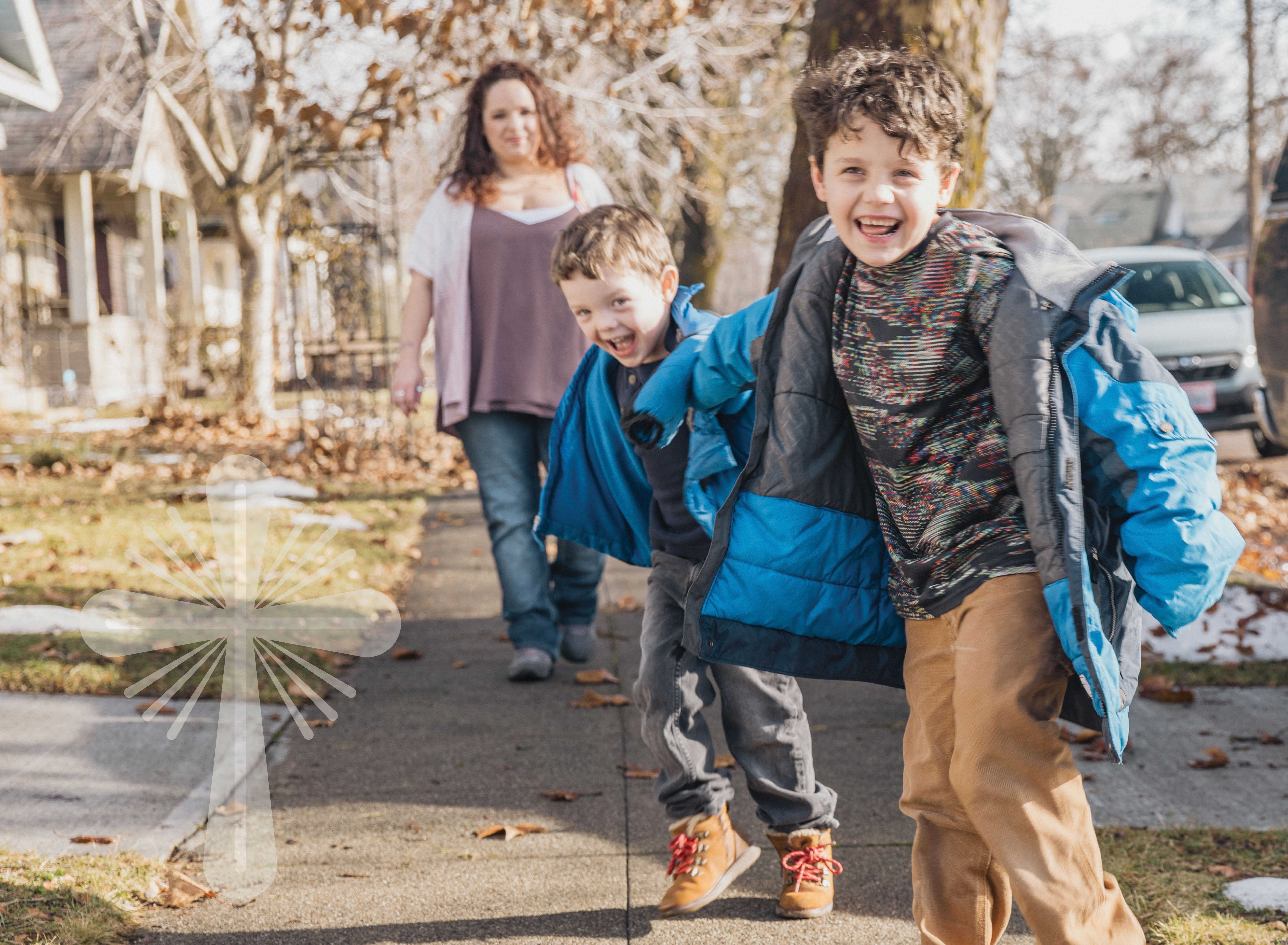
Those who enter our Life Recovery program walk the path toward life change, receiving trauma-informed counseling, parenting support, life skills...
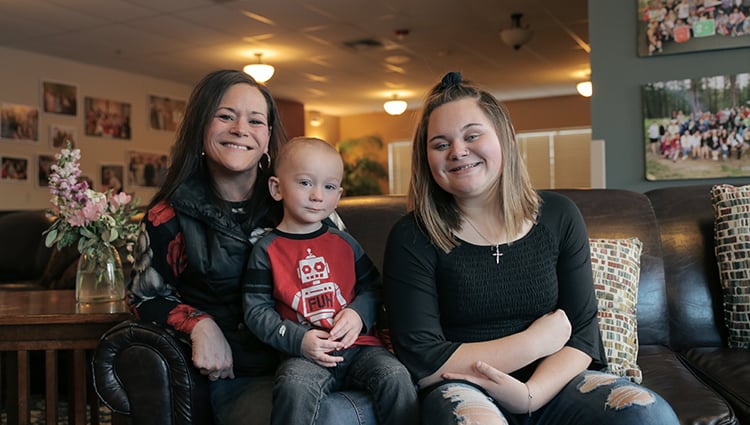
Before coming to the UGM Center for Women and Children in Coeur d’Alene, Nikki Downs was in jail. Her infant son had been taken by Child Protective...
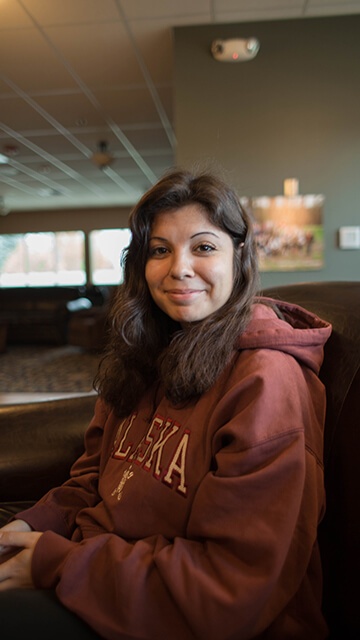
If you hang around UGM for any time at all, you’ll hear talk of the difference between “checking the boxes” and pursuing real life change. Even when...